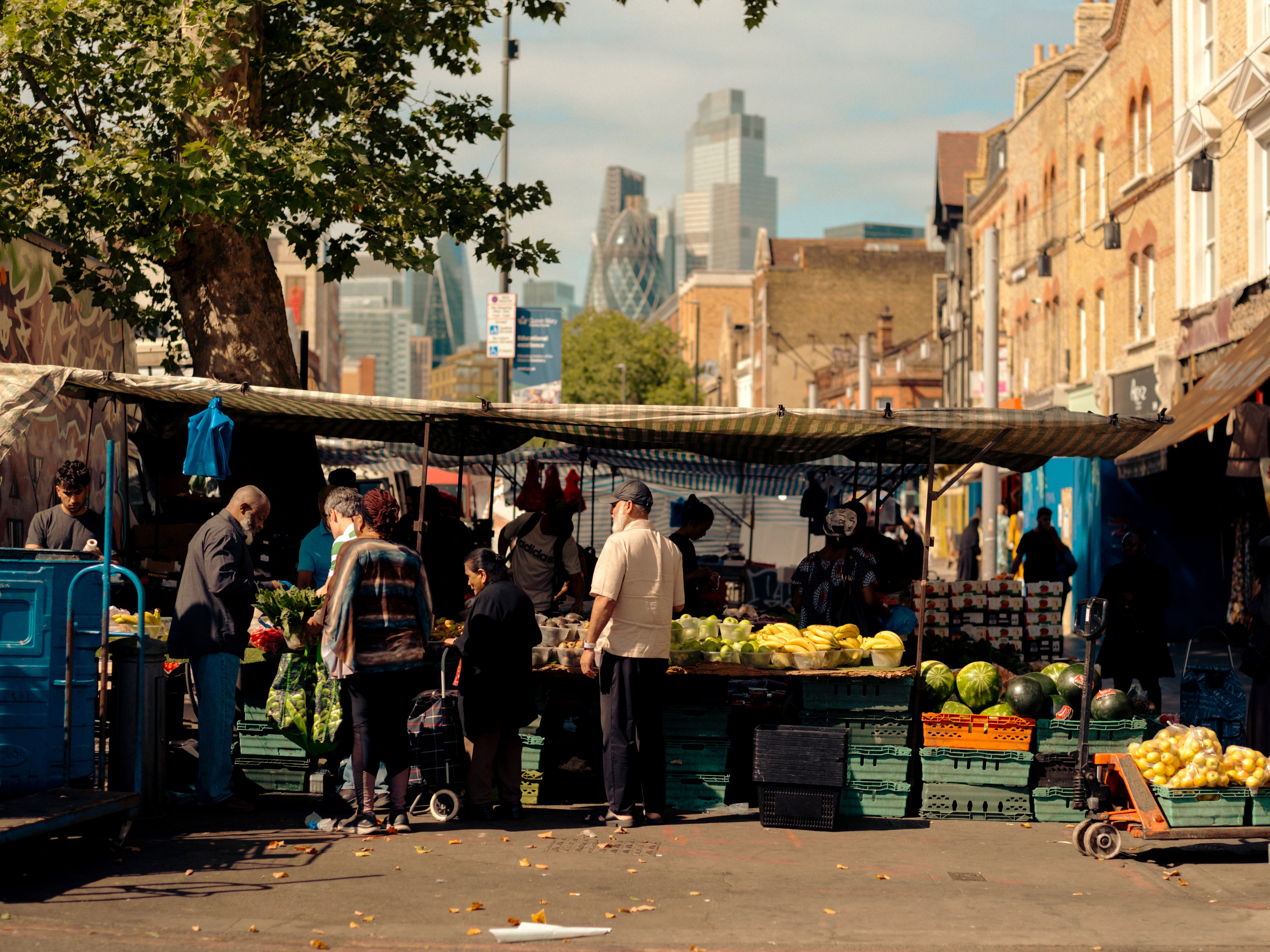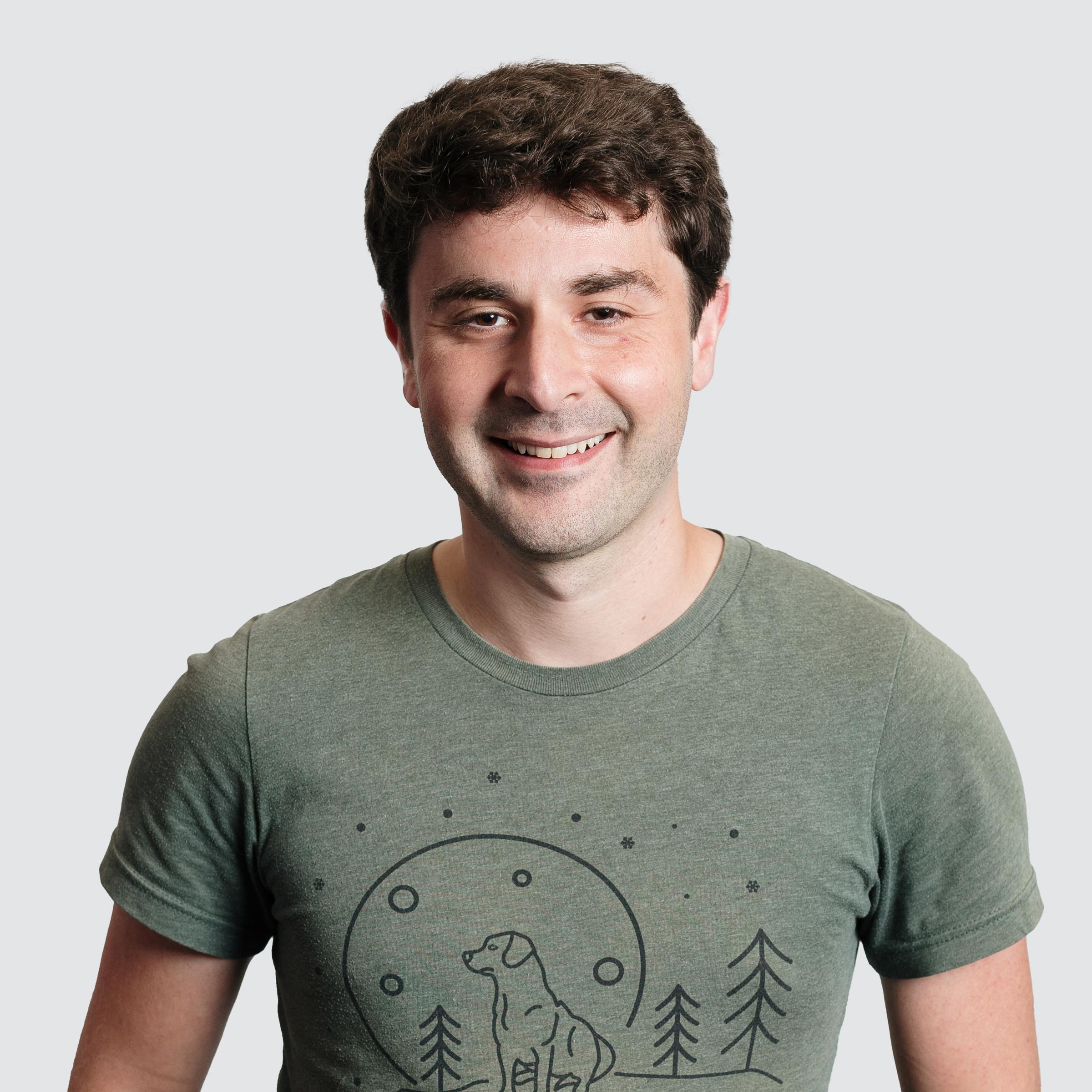Radical wealth redistribution: a learning journey with the Kataly Foundation
JRF and a group of other funders and organisations have been on a learning journey centred around community and ecological wealth building. In this blog, Jonathan Hutchins-Levy reflects on the final sessions of the journey with the Kataly Foundation.
In the last sessions of this learning journey we heard from Lynne Hoey, Chief Investment Officer of the Kataly Foundation, a San Francisco based family foundation, set up in 2018 with an investment of $445 million. Kataly’s mission is to redistribute wealth to black, indigenous, and other communities of colour over a limited time horizon. The foundation is by design an experiment in radical wealth redistribution, with its strategy from the very beginning being to spend down all its assets over a period of around ten years.
Nwamaka Agbo and the Restorative Economics Framework
Since its inception, Kataly has been inspired and led by its CEO, Nwamaka Agbo. Nwamaka, in her keynote speech at our Next Frontiers conference in July this year, cited Audre Lorde as a key source of inspiration. Nwamaka reflected on how Audre Lorde’s writings on black feminism:
Required her to insist on her right to live and thrive in a world whose tools were intended to make her heel and capitulate to systems that only wanted to extract labour and life from her in service of itself.
In this context, Nwamaka, in her work, has sought to frame and build tools that demonstrate how alternative economic models can be developed, ones that are centred around prioritising the investment of resources in communities that have suffered from systemic economic disinvestment and political disenfranchisement. She has articulated this in her framework ‘Restorative Economics’, which advocates for the growth and support of community-owned and community-governed assets among black, indigenous, and other communities of colour, as a means of creating shared prosperity, self-determination, and collective political power.
Crucially, Nwamaka brought her framework to Kataly because she knew that the board of the foundation were already committed to doing their own personal work around race, class, privilege, and power. This has meant that the team has been able to focus on developing and implementing programmes rooted in the principles of Restorative Economics, as opposed to having to navigate the internal politics of the organisation and convince others to prioritise the wellbeing of black and brown communities over and above the preservation of philanthropic wealth.
The Restorative Economies Fund
The Restorative Economies Fund (REF) is one of Kataly’s core programmes that seeks to close the racial wealth gap and reimagine the financial system by reinvesting wealth into black, indigenous, and other communities of colour. The fund centres the needs of enterprises working to solve social and environmental problems by offering a combination of grants, non-extractive loans (returns between 0 and 1%), and non-financial support, such as access to training, networks, and infrastructure necessary to steward assets and seed new ideas. Kataly refers to this as an integrated capital approach.
Kataly has committed $300 million of its endowment to the Restorative Economies Fund. The balance of loans in the portfolio is presently around $25 million, which is expected to grow to around $40 million by the end of 2024. The fund will be able to exist in perpetuity beyond the lifespan of Kataly, and the intention is to develop the future governance of the fund in deep connection with community.
The projects resourced by the Restorative Economies Fund are community governed, with many adopting cooperative principles, and led by individuals from communities that have been systemically oppressed. They incorporate systems change efforts into their work, such as community organising and policy advocacy, recognising the need to actively seek to change those systems that allowed harm to occur in the first place.
The largest investment made so far is $5 million in The Guild. This is an Atlanta based worker cooperative seeking to build community-owned and governed models for real estate, as an alternative to predatory real-estate industry practises that displace black and other residents of colour and segregate neighbourhoods. The fund has also invested in the Seed Commons, a US network of place-based, non-extractive loan funds. Additionally, the fund has made grants to the Boston Ujima Fund, a democratically governed investment fund that is building community wealth in Boston. More detail on the Seed Commons and Boston Ujima Fund can be found in the previous blog in this series.
Investment strategy
In the learning journey sessions, Lynne Hoey, Kataly’s Chief Investment Officer, described how Kataly’s investment strategy has evolved, as well as the questions the foundation continues to grapple with.
As a spend-out foundation that is committed to wealth distribution and non-extraction, Kataly has been asking itself some big questions around how it invests its unrestricted reserve. These questions include: What is enough for a spend-out foundation to have in reserves to meet its grants, investments, and operational commitments? What is enough in terms of a financial return earned on those investments? And what investment priorities are necessary to ensure it honours its commitments?
Finally, Kataly has examined how investing in public equities also raises many ethical concerns, particularly in relation to seeking to benefit from an economic system that has produced corrosive societal outcomes including environmental degradation, systemic racism, and extreme wealth inequality.
With capital preservation and liquidity being a core requirement for Kataly to continue honouring its annual funding commitments, and with the foundation wanting to invest in accordance with its values, Kataly is developing a more intentional investment strategy which will likely include investing in Minority Deposit Institutions and Community Development Institutions that are based in its grantee communities.
Learning journey reflections
Over the course of this learning journey, we have deepened our knowledge and understanding of practises and initiatives that are enabling wealth and other resources to flow through reparative and regenerative economic principles. At JRF, this has helped us greatly in our initial thinking as we embark on a strand of our Emerging Futures programme focussed on reimagining funding, philanthropy, and investment. We will be sharing more details about this in the coming months.
These themes were also explored by speakers at the recent Next Frontiers conference, at which a central question throughout was what will it take to shift wealth so that it works in service of regenerative and reparative futures, rather than sustaining the status quo? Here's a summary of some of the initial key reflections from the conference. All the panel videos from the conference are also available on JRF’s YouTube channel, and there's a wide range of additional related resources.
We would like to thank all those who have helped curate and facilitate these sessions, all the speakers for the time and wisdom you have shared with us, and all those who have participated for your energy and curiosity to learn and explore. We are pleased to share some reflections below from some of our fellow participants on the learning journey.
The learning journey was beautifully curated collective sensemaking. It was great to see so many peers from the UK funding world in the sessions, and to gain inspiration from people and organisations – mostly based in the US – who prove that funding-as-usual is not the only option. That we can do better, in solidarity with communities and movements fighting for a just, regenerative future. For me, our time together reinforced the need for profoundly different approaches to philanthropy in the UK context. For responsibly devolving and wielding the power that has accumulated – along with extracted wealth – in institutionalised philanthropy. For investing in the infrastructures that need to be built to support community- and movement-governed funds. As we move beyond the learning journey with our peers, we’re looking forward to doing just that.
At the Institute we seek to be the bridge between a new economy and mainstream capital markets, so it was invaluable to participate in the community and ecological wealth programme JRF hosted. It gave me a window into an investment paradigm fully rooted in community - Seed Commons, Boston Ujima Project, Kataly Foundation and beyond. I loved learning about the solidarity economy and how much further you can push governance, vehicle structuring, and finance terms to deliver for and with communities; and I hugely enjoyed thinking through as a group, how could we do this here in the UK? What would impact investing look like if it manifested these approaches?
The intentions of the learning journey have been communicated clearly throughout. We have learned much about regenerative philanthropic and economic models, with North American colleagues giving their time very generously. Considering their work in a UK context has been fascinating. In the face of the existential threats posed by the nature and climate crises for people, society, and the natural world, it has been really important for me to be part of a collective of funders/investors on a learning journey. So many of us are grappling with the limitations and boundaries of our current models, and having space to consider alternatives really matters.

This reflection is part of the wealth, funding and investment practice topic.
Find out more about our work in this area.
